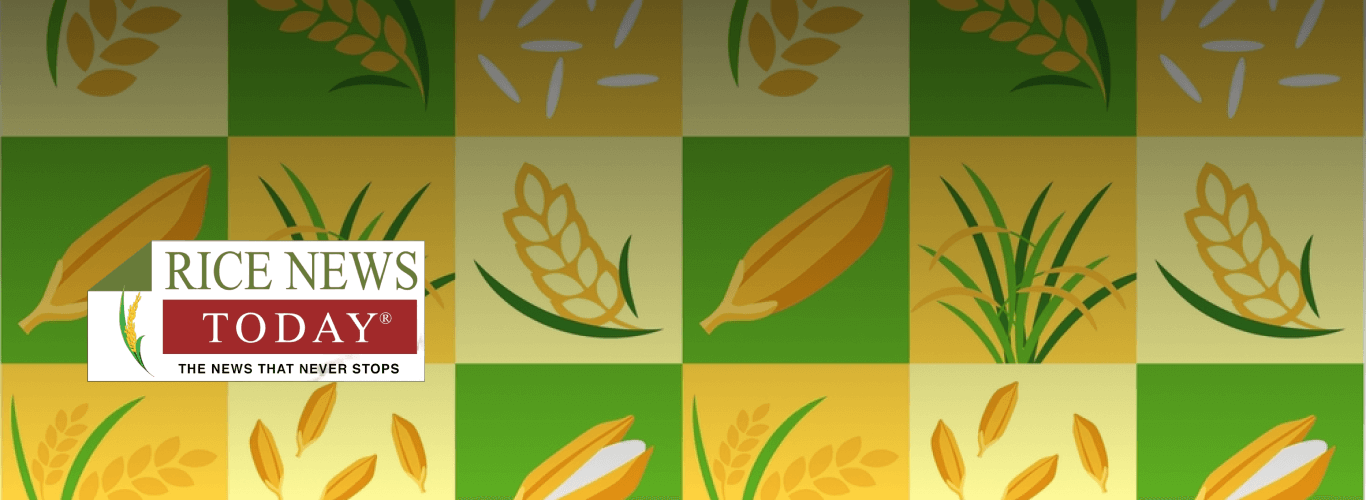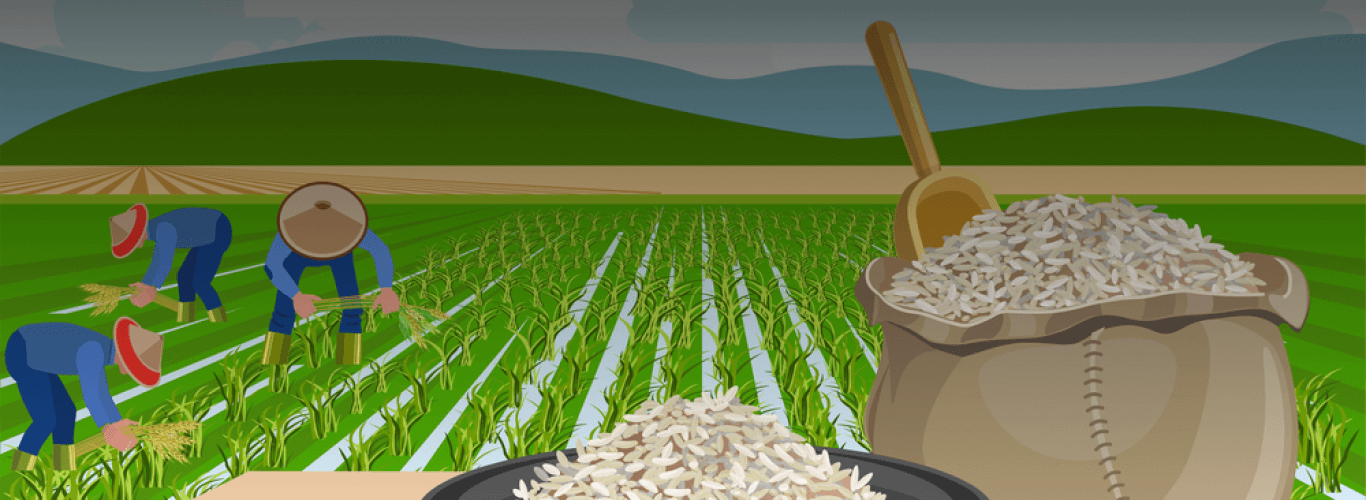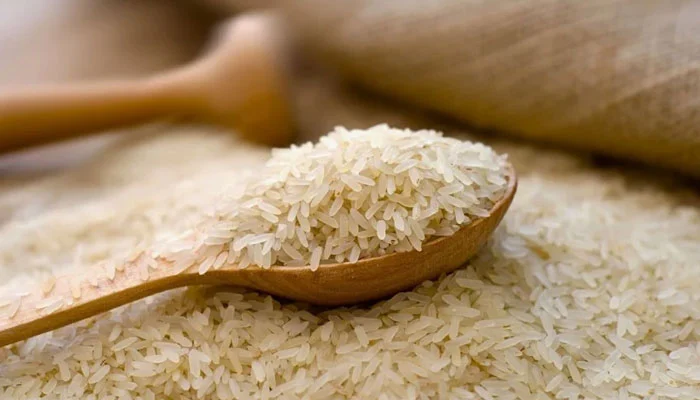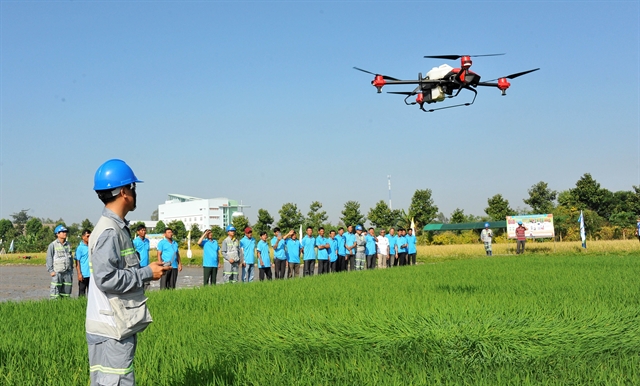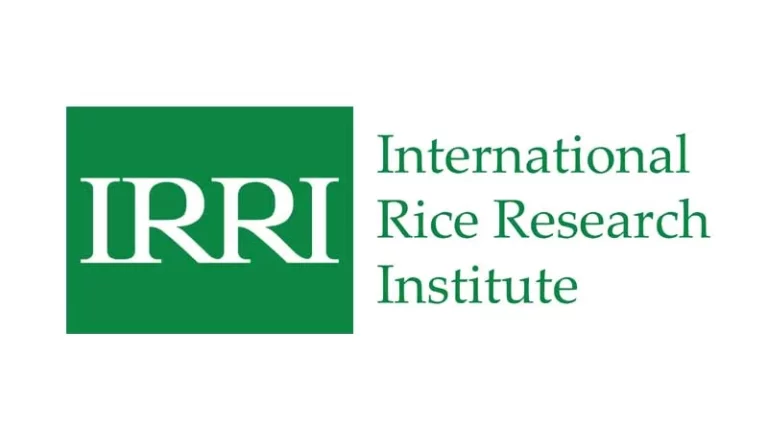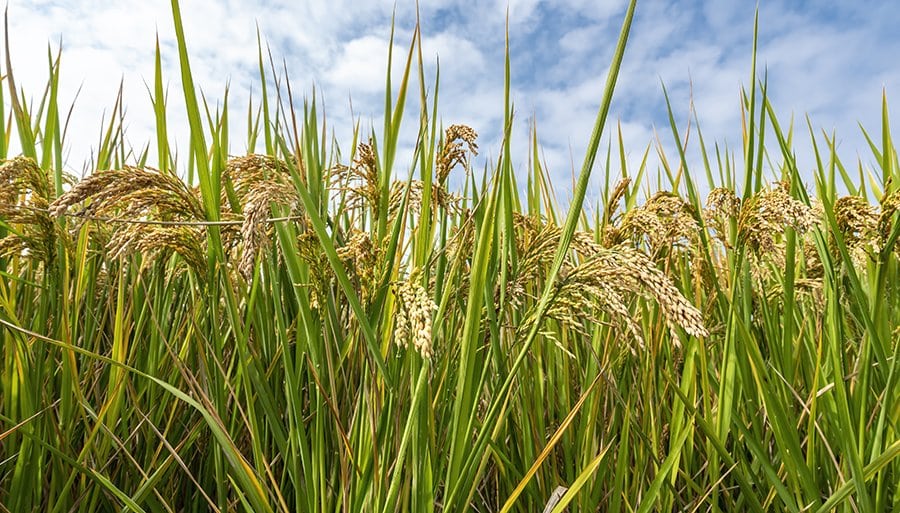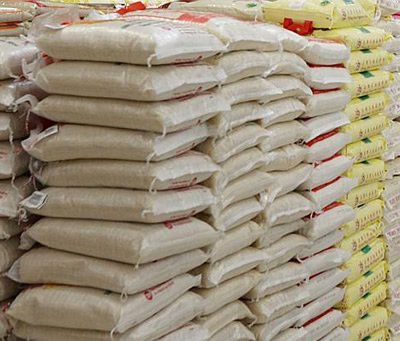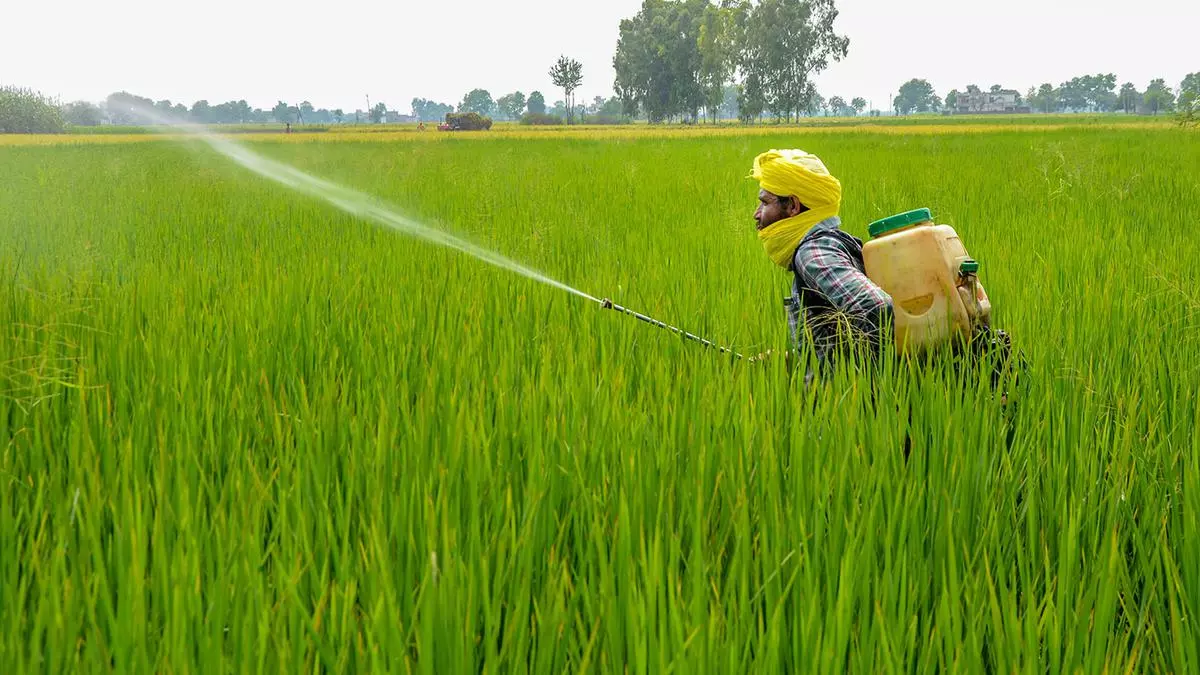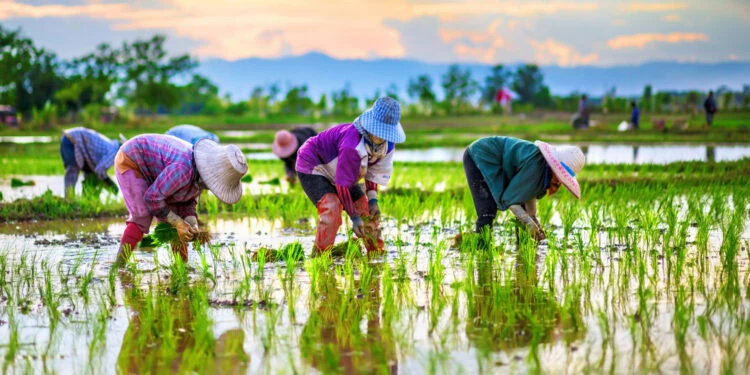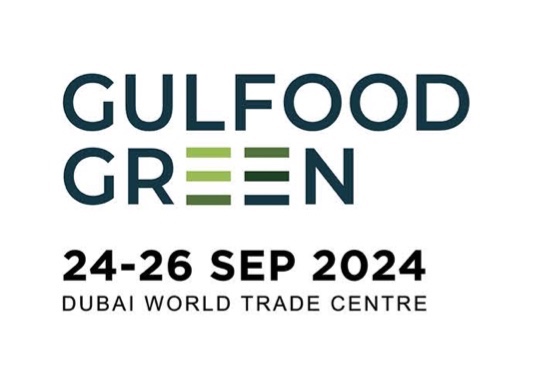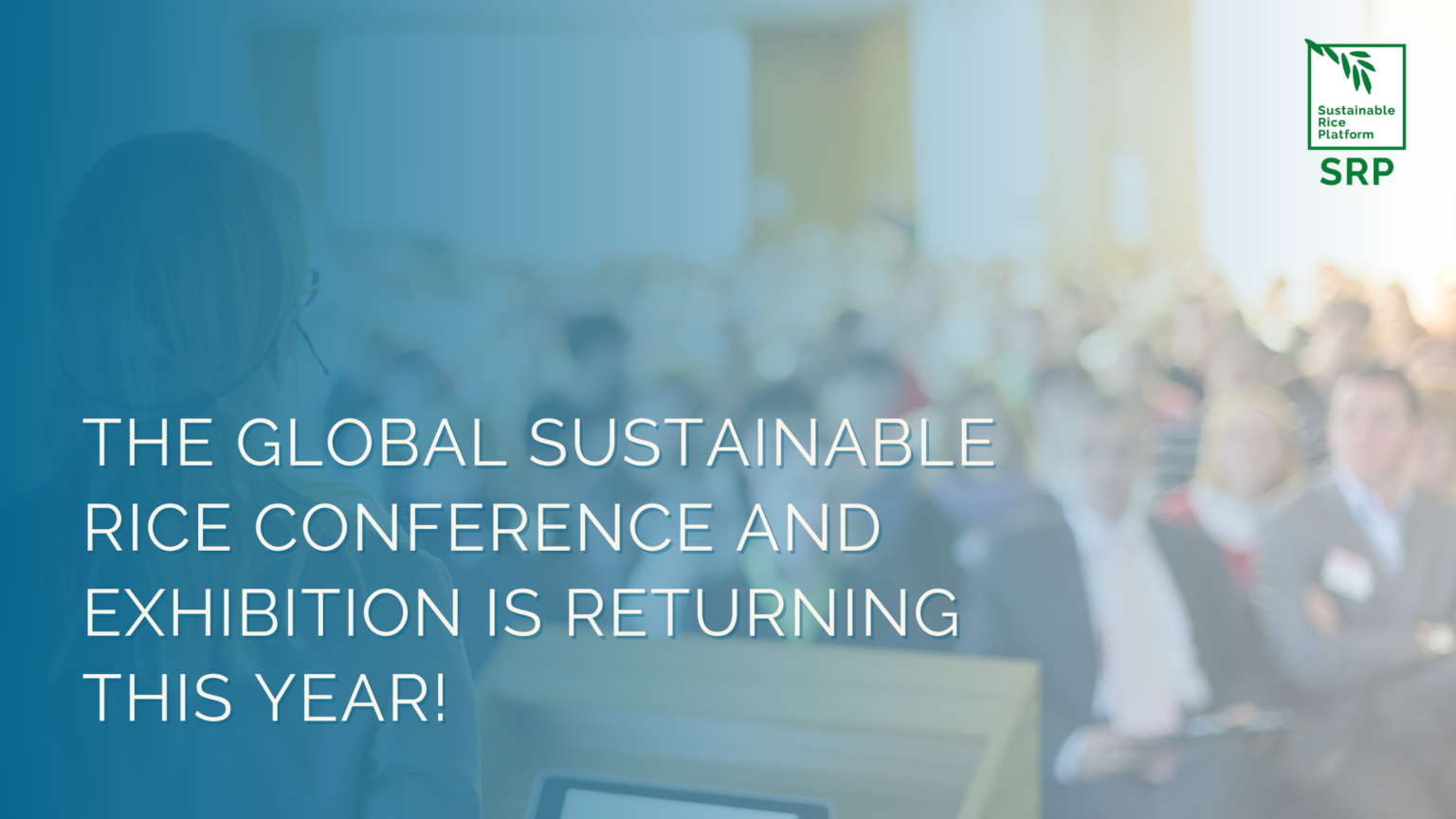Weekly Rice Market
(Indicative Quotes)
Basmati Rice
Basmati Rice | Indicative Quotes | Updated Weekly
Global Market | White Rice
White Rice | Indicative Quotes | Updated Weekly
| Origin | Type of Rice | Variety Name | Broken | Price | Change | High | Low |
|---|---|---|---|---|---|---|---|
| Pakistan | Milled White Rice | Long Grain | 5% | $590 | -1 | $640 | $488 |
| Thailand | Milled White Rice | Long Grain | 5% | $596 | -1 | $669 | $469 |
| U.S | Milled White Rice | Long Grain | 4% | $798 | -1 | $818 | $708 |
| Vietnam | Milled White Rice | Long Grain | 5% | $579 | -1 | $667 | $445 |
News
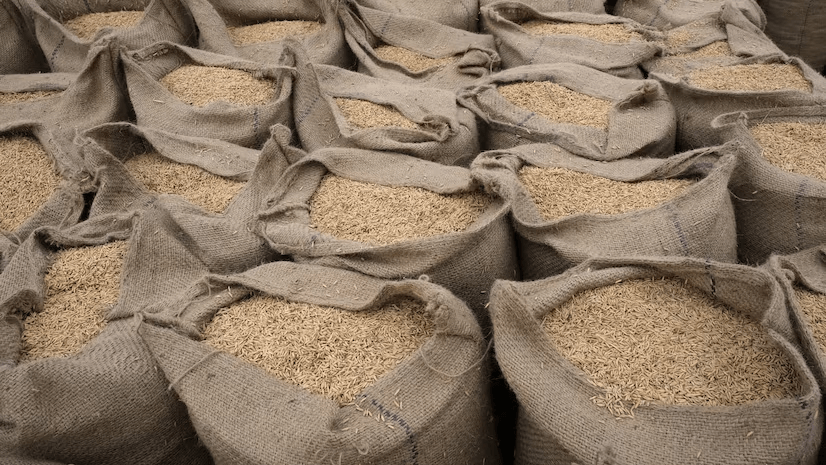
Rice export prices...
India’s 5% broken parboiled variety was quoted at $528-$536 per ton this week, down from last week’s $538-$546. Prices hit a record high of $560 last month Photo:
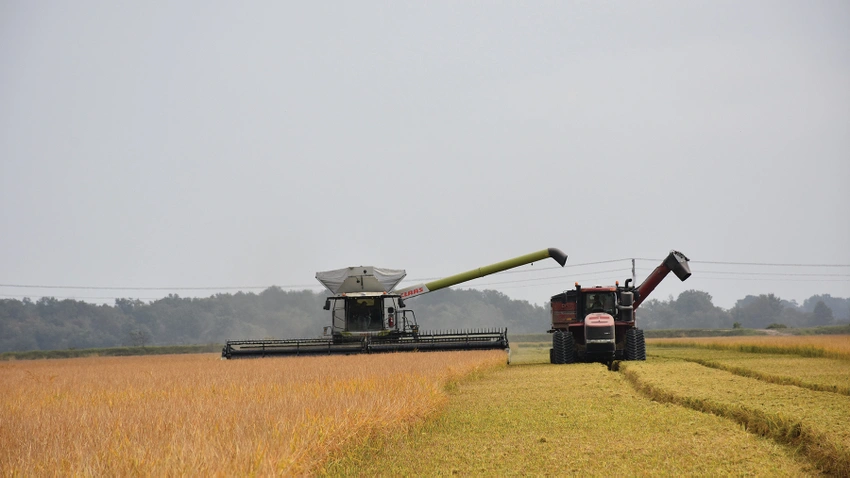
U.S. rice exports ...
Treasury Department restrictions limit the amount of dollars Iraq can use to buy U.S. rice. Banking restrictions place exports of U.S. rice to Iraq, the second largest market for
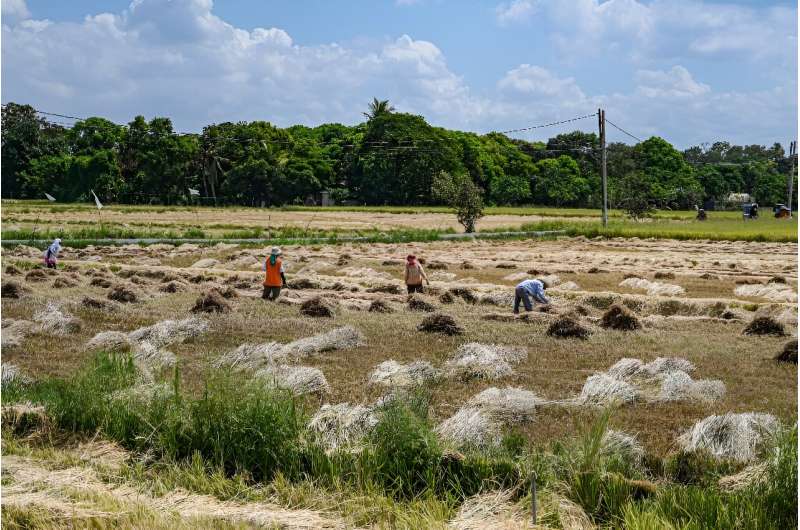
Philippine court b...
Farmers work in a rice field in Bulacan in the Philippines. A Philippine court has blocked the commercial propagation of genetically modified golden rice because it said
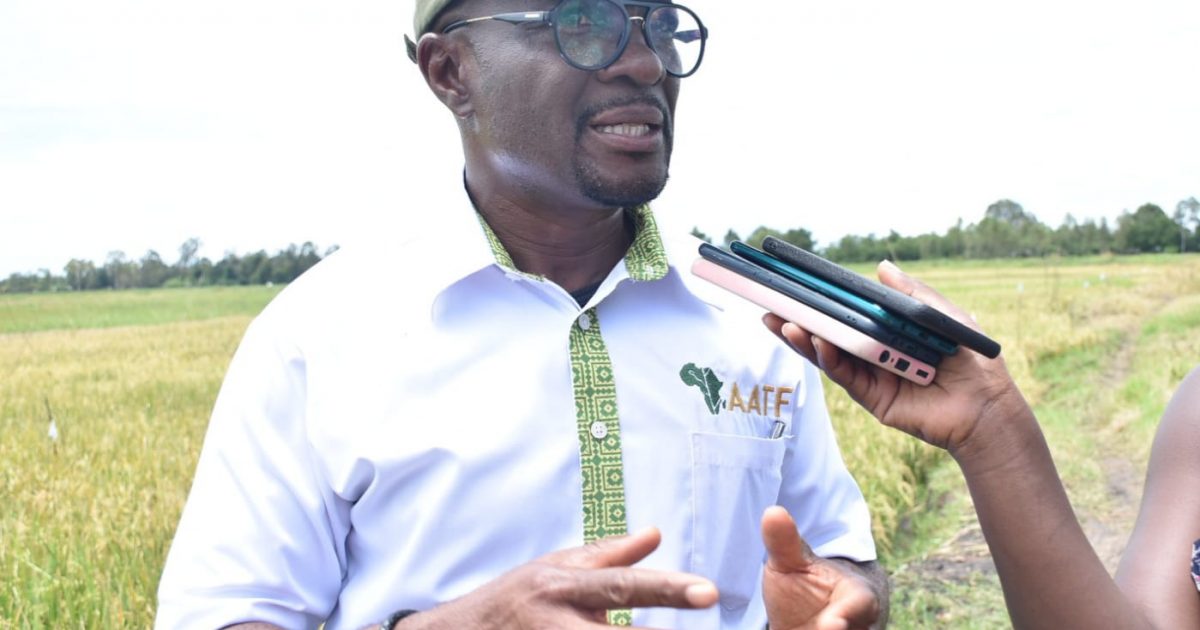
Agency Rolls Out H...
In a bid to address Kenya’s significant rice production shortfall and enhance farmers’ income, the African Agricultural Technology Foundation (AATF) is pushing for the
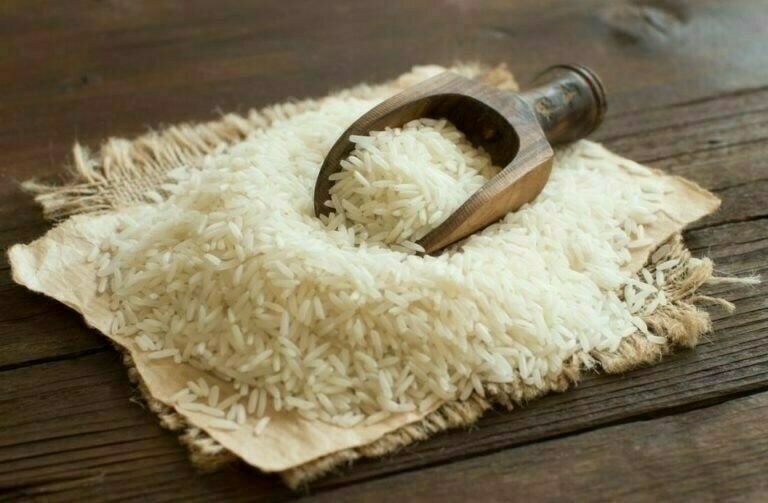
No report of ban o...
KARACHI: Rice Exporters Association of Pakistan (REAP) Tuesday said trade with Russia is normal and there is no report of ban on Pakistani rice from Russian authorities. Chela Ram
Statistics
EVOLUTION OF BASMATI RICE IMPORTS FROM INDIA AND PAKISTAN TO EU (IN TONNES BROWN/HUSKED) (Last updated on 2nd April 2024)
| COUNTRIES | PAKISTAN | INDIA | TOTAL (2023-24) | PAKISTAN | INDIA | TOTAL (2022-23) |
|---|---|---|---|---|---|---|
| Belgium | 6,900 | 300 | 7,200 | 19,525 | 2,000 | 21,525 |
| Bulgaria | 6 | 0 | 6 | 0 | 0 | 0 |
| Czechia | 0 | 0 | 0 | 25 | 0 | 25 |
| Denmark | 1,899 | 0 | 1,899 | 1,226 | 0 | 1,226 |
| France | 4,360 | 1,400 | 5,760 | 4,925 | 3,703 | 8,628 |
| Germany | 975 | 792 | 1,767 | 950 | 273 | 1,223 |
| Greece | 0 | 0 | 0 | 0 | 0 | 0 |
| Italy | 23,770 | 2,829 | 26,599 | 29,871 | 10,603 | 40,474 |
| Netherlands | 28,342 | 7,642 | 35,984 | 9,168 | 27,639 | 36,807 |
| Poland | 5,600 | 610 | 6,210 | 4,080 | 1,225 | 5,305 |
| Portugal | 2,800 | 2,446 | 5,246 | 4,750 | 827 | 5,577 |
| Romania | 600 | 0 | 600 | 50 | 0 | 50 |
| Spain | 8,061 | 0 | 8,061 | 32,015 | 3,767 | 35,782 |
| Sweden | 0 | 0 | 0 | 0 | 105 | 105 |
| Grand Total | 83,313 | 16,019 | 99,332 | 106,585 | 50,142 | 156,727 |
Sustainable Rice
Farmers place
Forex Rates
Open Market Forex Rates
Updated at:
From | ||
|---|---|---|
To | ||
| Countries | Currency | Spot Rate |

Enjoyed the read?
Join our monthly newsletter for helpful tips on how to run your business smoothly



